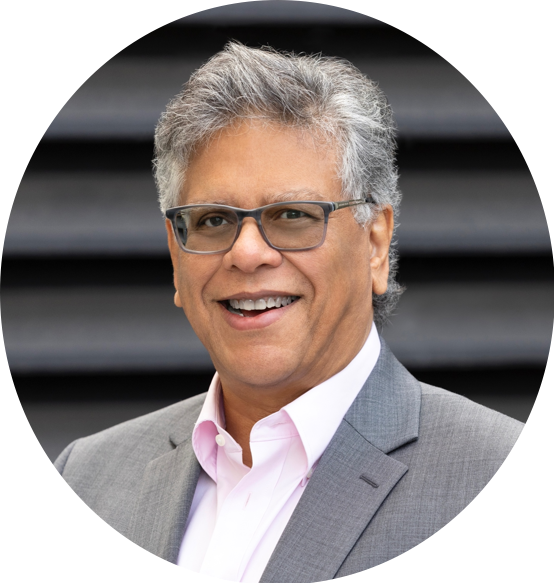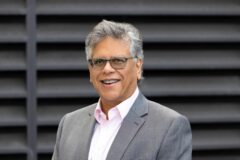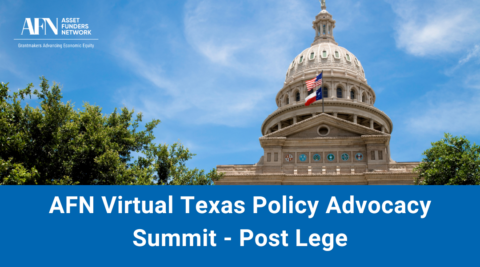
FROM THE PRESIDENT AND CEO
March 2025
In every AFN program and regional network discussion, we are reminded that the economy— and achieving justice within it—is an abstraction that focuses our efforts on the primary way our society is organized. The economy defines castes, determines access to opportunity, governs exposure to risks and loss, limits or expands prosperity, and ultimately shapes how rights are experienced. By examining what defines the outcomes for low- and middle-income households, AFN members are acting on that understanding, focusing on the main drivers of financial well-being. This work aligns with AFN’s eight issue areas and includes:
- Financial health in the form of savings and products to create a cushion or to provide security in case of disability or retirement
- Jobs (both fulfilling and that pay well) and income for essential needs and asset building
- Business ownership, including the establishment and expansion of individual and employee-owned enterprises
- Housing, especially home ownership
- Post-secondary education without debt
- Improved health outcomes
- Climate resilience and mitigation investments to build and protect assets and health in the face of climate change, and
- Eliminating the ongoing roots of the wealth gaps to advance a just economy.
The focus on economic well-being and justice is indeed a focus on social, civil, cultural, health, and environmental factors improving or reducing economic security now and for future generations.
One of the key lessons we all learn in the effort to expand economic security and justice is that lasting change takes time, and there will be ever-evolving threats to shared prosperity.
To achieve wider enjoyment of ownership and prosperity, relentless persistence matters. Whether your focus is on those who are working, children, persons with disabilities, or retirees, anything less is to miss an essential beat.
We must stay relentlessly focused on building inclusive system change, expanding foundational shared economic security, supporting policies that embrace the exercise of personal agency and community development, and infusing significant capital investment to empower full and fair participation in the economy (with appropriate barriers to predation). Each of us has a part to play, informed by our role and context. It is why AFN organizes funders in their regional context to increase wealth-building strategies, grounding systemic change in the realities of each place—its people, history, and opportunities. Funders working in context can adapt strategies that resonate locally, have real traction, and realize meaningful impact.
But no matter where we live and work, we also recognize that certain building blocks are universal. Across the states, we need the role CDFIs play in economic development, providing loans for businesses and mortgages in disinvested communities. We also need non-profit credit unions to fulfill their unique potential of increasing economic security for their members. Philanthropy is also the needed catalyst, providing the disaggregated facts and research to inform what actions are needed and grants to test and fully resource new ideas or provide impact investing that can be leveraged and expand economic prosperity.
What we build now through these institutions will become the pipeline for future opportunity and the scaffolding for repair in the aftermath of economic shocks and community harms. This infrastructure lays the groundwork for lasting wealth building and upward mobility, especially for those historically and currently excluded from such opportunities.
The fear, chaos, and confusion of the times require both appropriate attention and ongoing recognition that much of it is a distraction away from the contributions each of us can make to advance an equitable future. Together, we can reinforce each other’s efforts to build the systemic foundations locally and in our states. Engagement to understand, plan, and act will continue to be AFN’s path forward for an abundant, inclusive, future economy where we and our children all do better.
We’re grateful for the persistent, place-based efforts of our members across sectors and regions—your work is shaping a more equitable future. Not a member yet? We invite you to join us or help launch an AFN regional funder table in your area. Together, we can accelerate solutions that build lasting economic security in every community.



